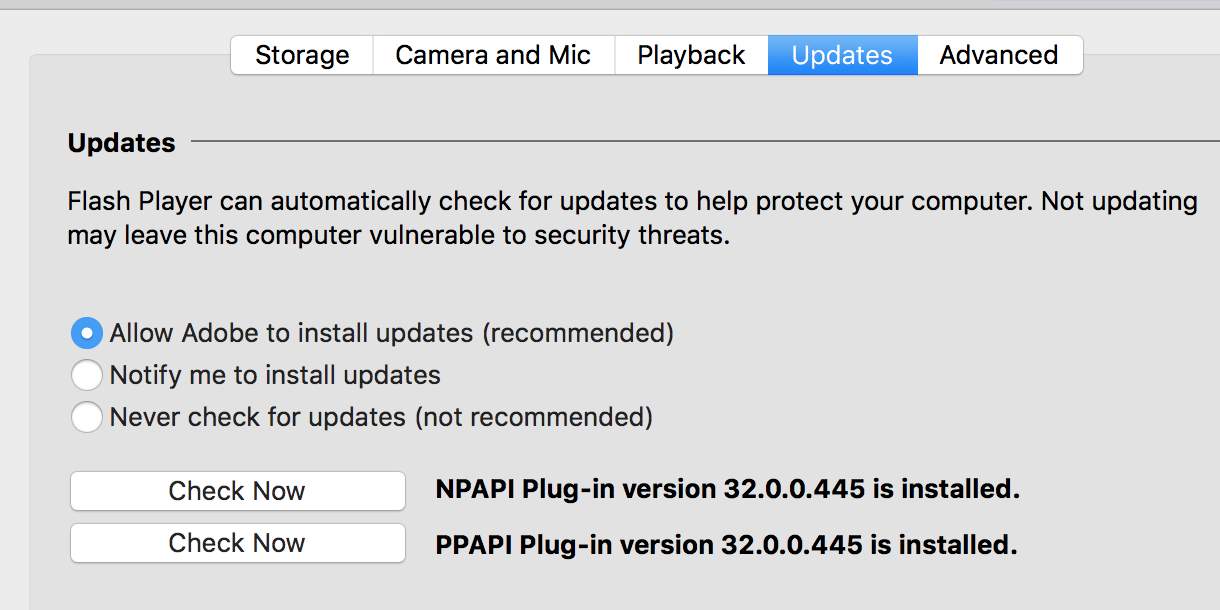

Chrome will continue to automatically update Flash, whereas Safari has required that users install Flash on their own for years. There's one other major difference in their implementations. But Chrome will grant exceptions to several major websites and make it easier to enable Flash on a case-by-case basis. It'll also block Flash by default to encourage the use of HTML5. Google announced last month that Chrome would start behaving in a very similar way sometime later this year.

Safari isn't the only browser going down this path. That's sure to make websites lose visitors, which is sure to get them working on a version that uses HTML5.Ĭhrome is about to start blocking Flash, too Apple is being pretty aggressive about this - if a page is entirely broken, it won't even offer to run Flash until a link is clicked to install it. The goal here is to encourage more websites to make the jump over to HTML5, which can handle most of the same tasks as Flash. Flash will still be able to run, but it'll have to be activated on a website-by-website basis. Starting with the next version of macOS, desktop Safari will begin blocking Flash by default across all websites. Apple's just about ready to finish the fight it started with Flash nine years ago.


 0 kommentar(er)
0 kommentar(er)
